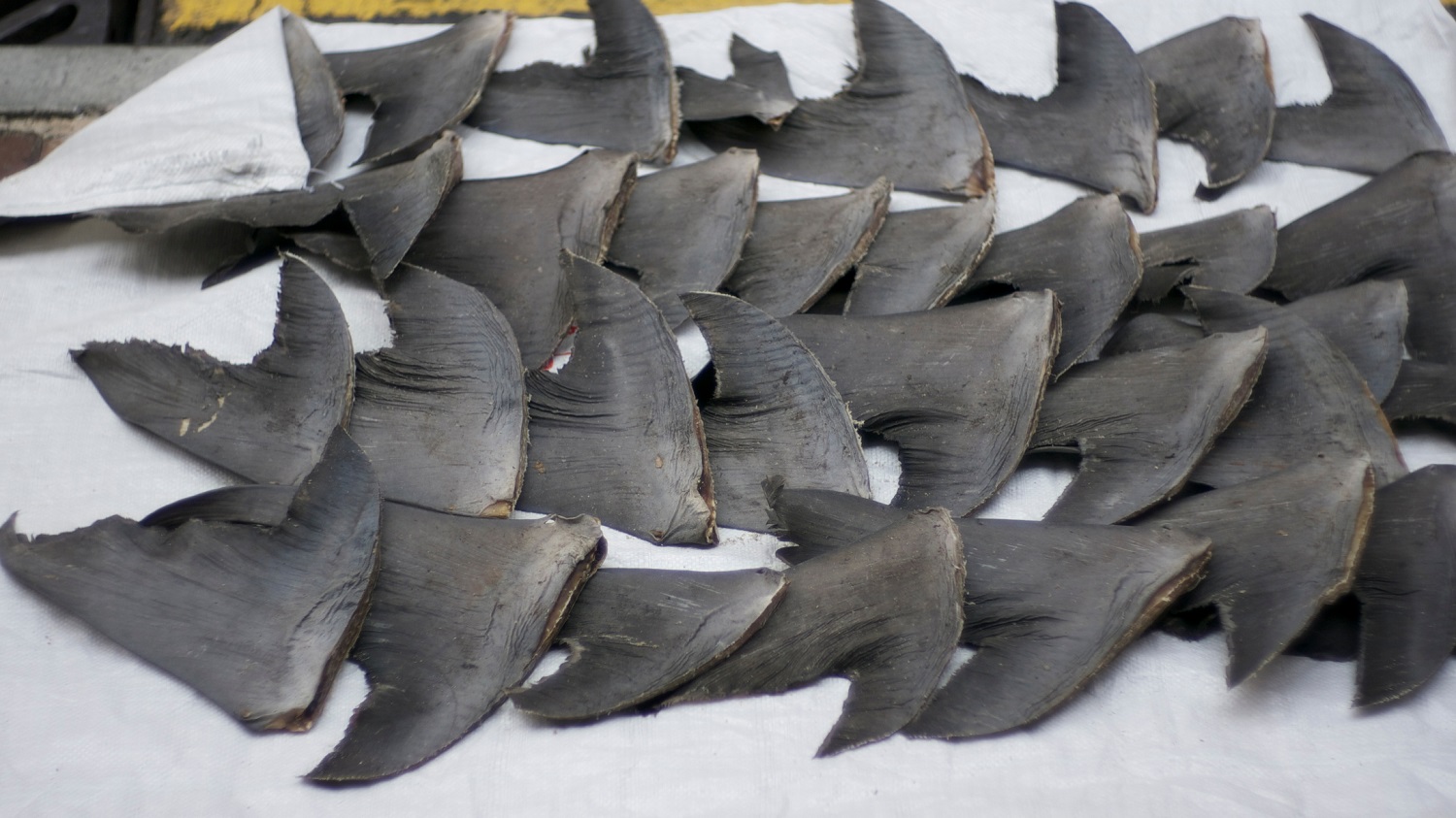Around 16,000 kg shark fins confiscated in India from 2010-22, conservationists sound alarm

- Country:
- India
Around 16,000 kg of shark fins were confiscated in India from January 2010 to December 2022, making them the most commonly seized shark product, according to a study released on Thursday.
Tamil Nadu accounted for nearly 65 per cent of shark product seizures, followed by other states such as Karnataka, Gujarat, Kerala, and Maharashtra, showed the factsheet released by non-governmental organisations WWF and TRAFFIC working for animal conservation. The factsheet titled 'Netted in illegal wildlife trade: Sharks of India' aims to raise awareness about India's illegal shark trade and highlight conservation concerns, according to a statement by the report's publishers.
The seized products were intended for destinations such as Singapore, Hong Kong, Sri Lanka, and mainland China, according to the study.
India is among the world's top shark fishing nations, with shark meat being a popular local delicacy, especially along the southern coast.
Merwyn Fernandes, Associate Director of TRAFFIC's India Office, said the demand for shark fins and meat is a major driver of the global shark fishery.
Sharks play a crucial role in the oceanic ecosystem as top predators, but overfishing and low biological productivity put them at a high risk of extinction.
Despite the presence of 160 shark species in India, only 26 have been granted the highest protection status under the amended Wild Life (Protection) Act 1972.
To address the threat of illegal shark trade in India, TRAFFIC analysed media reports on shark derivative seizures from January 2010 to December 2022.The analysis found a total of 17 such incidents, with shark fins being the most seized product.
Other wildlife contraband were also seized in 35 per cent of incidents, including sea cucumbers, corals, pangolin scales, and others.
Dipankar Ghose, Senior Director of Biodiversity Conservation at WWF-India and Interim Head of TRAFFIC's India Office, said that illegal shark trade poses a serious conservation threat globally.
(This story has not been edited by Devdiscourse staff and is auto-generated from a syndicated feed.)










